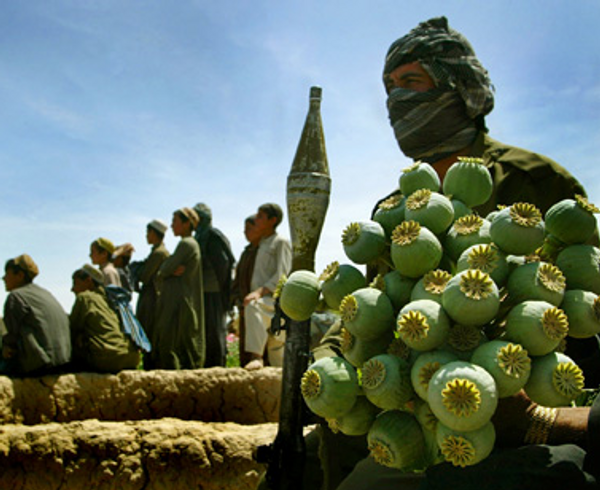War on drugs: reflection on the relevance and sustainability
According to the UNODC’s World Drug Report 2012, about 230 million people, or 5 per cent of the world’s adult population, are estimated to have used an illicit drug at least once in 2010. Problem drug users number about 27 million, which is 0.6 per cent of the world adult population. Throughout the world, illicit drug use appears to be generally stable, though it continues to be rising in several developing countries. Heroin, cocaine and other drugs kill around 0.2 million people each year [that is to say 0.34% of the 59 million deaths per year worldwide].”
Drug Policies have been developed to reduce harm to individuals and communities: less crime, better health and greater economic and social development. But the results are measured through indicators that reflect processes such as the number of arrests, seizures and the severity of sanctions. The outcome of this war on drugs is condemned worldwide and declarations in favor of a policy change are making themselves heard. July 18, 2010, at the Vienna Conference on AIDS, researchers say publicly that “the criminalization of illicit drug users is fueling the HIV epidemic and has been overwhelmingly negative for health and society .» The Global Commission on Drug Policy calls for «Begin[ing] the transformation of the global drug prohibition regime. Replace drug policies and strategies driven by ideology and political convenience with fiscally responsible policies and strategies grounded in science, health, security and human rights – and adopt appropriate criteria for their evaluation ." President Barack Obama said in 2011 that " [The legalization and regulation of drugs] is an entirely legitimate topic for debate .»
But in addition to the public debate, it is essential that this debate takes place within the organization that sets international drug conventions, the UN, because changing these conventions will allow plans to change these different national legal systems. In addition, if a change is required in order to be relevant and effective, it must be comprehensive and be subject to international harmonization.
The current trend is already going to a better allocation of repressive and sanitary approaches, aided by a judicial reform and budgetary recast for a rebalancing of powers, better support for drug users and increased efficiency in the fight against drug trafficking. Resources of law enforcement as well can be targeted more effectively to combat organized crime groups who extended their power and are able to make profits on the drug market.
Click here to read the full article.
Keep up-to-date with drug policy developments by subscribing to the IDPC Monthly Alert.
Topics
Regions
Related Profiles
- Talking Drugs
